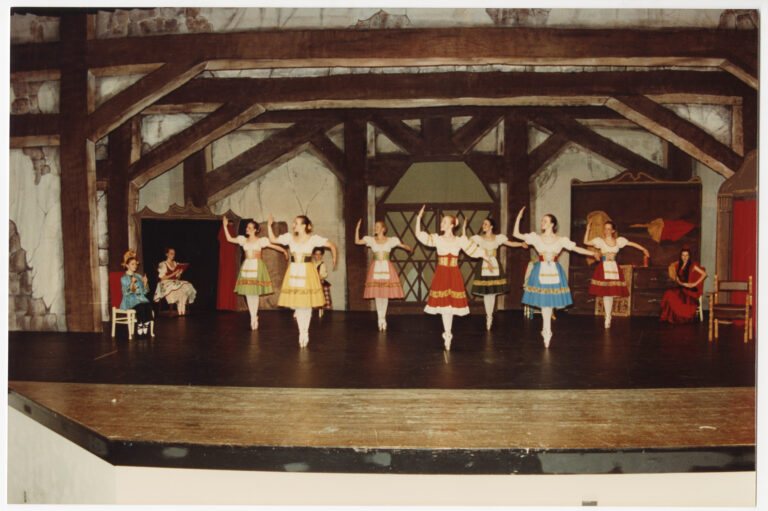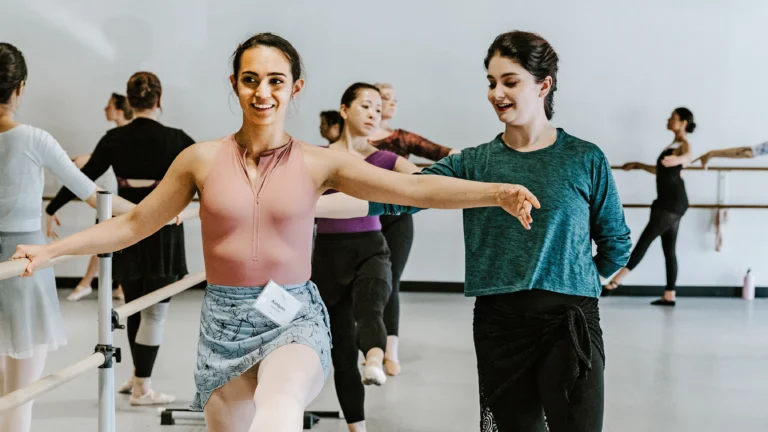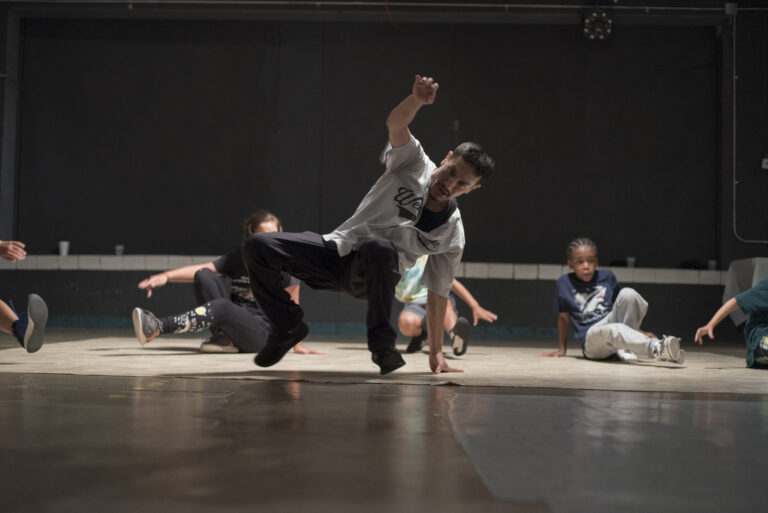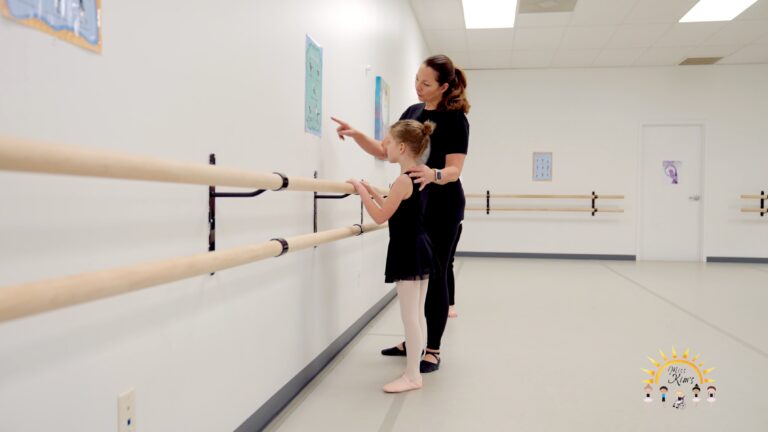3 Tips to Hire and Retain the Right Faculty for Your School
When Lindy Fabyanic opened her school, Dance Conservatory of Charleston, she called on friends and former colleagues to find guest teachers and build her faculty. “I started texting my network to see if they wanted to come teach workshops or master classes,” says Fabyanic, former dancer with San Francisco Ballet and New York City Ballet. “It was so heartwarming to get their positive responses and feel their support.”
Whether your studio is new or well-established, the easiest and most effective way to find potential candidates is to reach out to people you already know. A strong, trusted faculty will ensure that students receive the best training and experience possible. But it can be challenging to recruit highly qualified teachers if you don’t have direct access to a large network of professionals in your area. Even when you find the right people, how do you retain them in a competitive market? Try these creative and expense-free strategies to help build the right team for your school.
Ask Around
Word of mouth can be the best way to find a new teacher. Utilize your network of friends, colleagues and former associates to see who might be new to the area or looking for a position. “If we have a teacher we love, and she recommends someone, that goes a long way,” says Robbin Shahani, executive director of California Dance Academy in Chatsworth. “We often get referrals through our teachers, and that carries a lot of weight.”
Fabyanic had relocated to Charleston just two years before she opened her business, so she reached out to parents and students to get their advice. “I asked them questions like, ‘Who are the modern teachers in the area? Who do the kids relate to?’ Once I collected a lot of resumés, I went through them with a fine-tooth comb,” she says.
Raymond Rodriguez, head of Studio Company and Trainees at Joffrey Academy of Dance in Chicago, suggests talking to local universities and taking a close look at their graduates. “These students might not have had a performing professional career, but hopefully they’re getting a great education that can translate to work in a private studio.”






